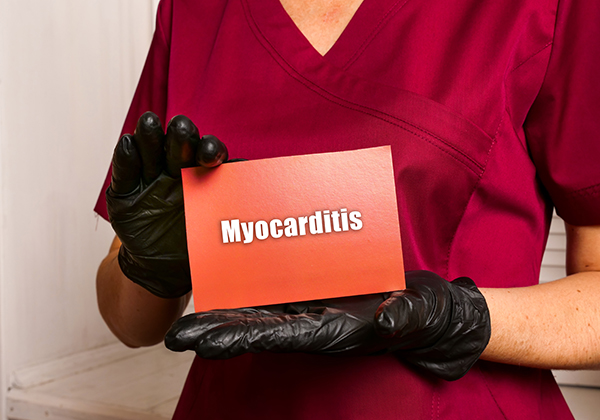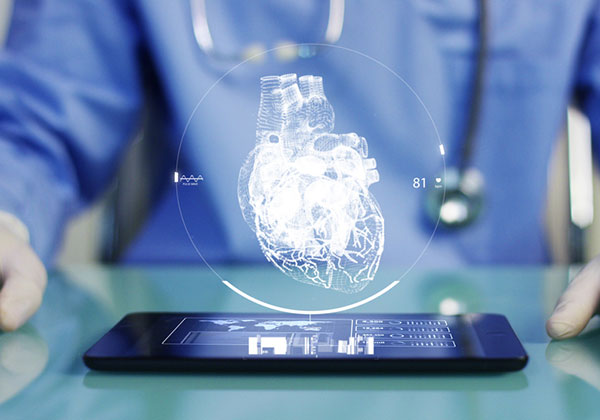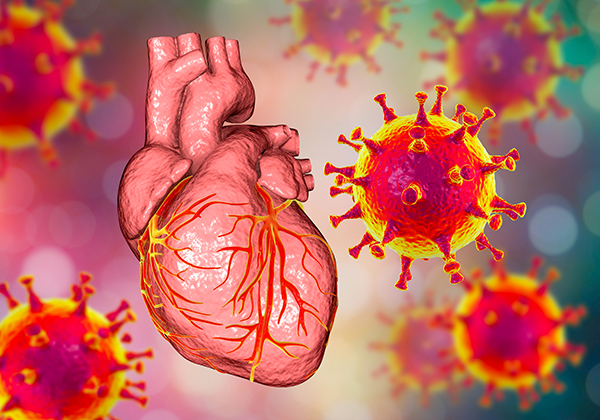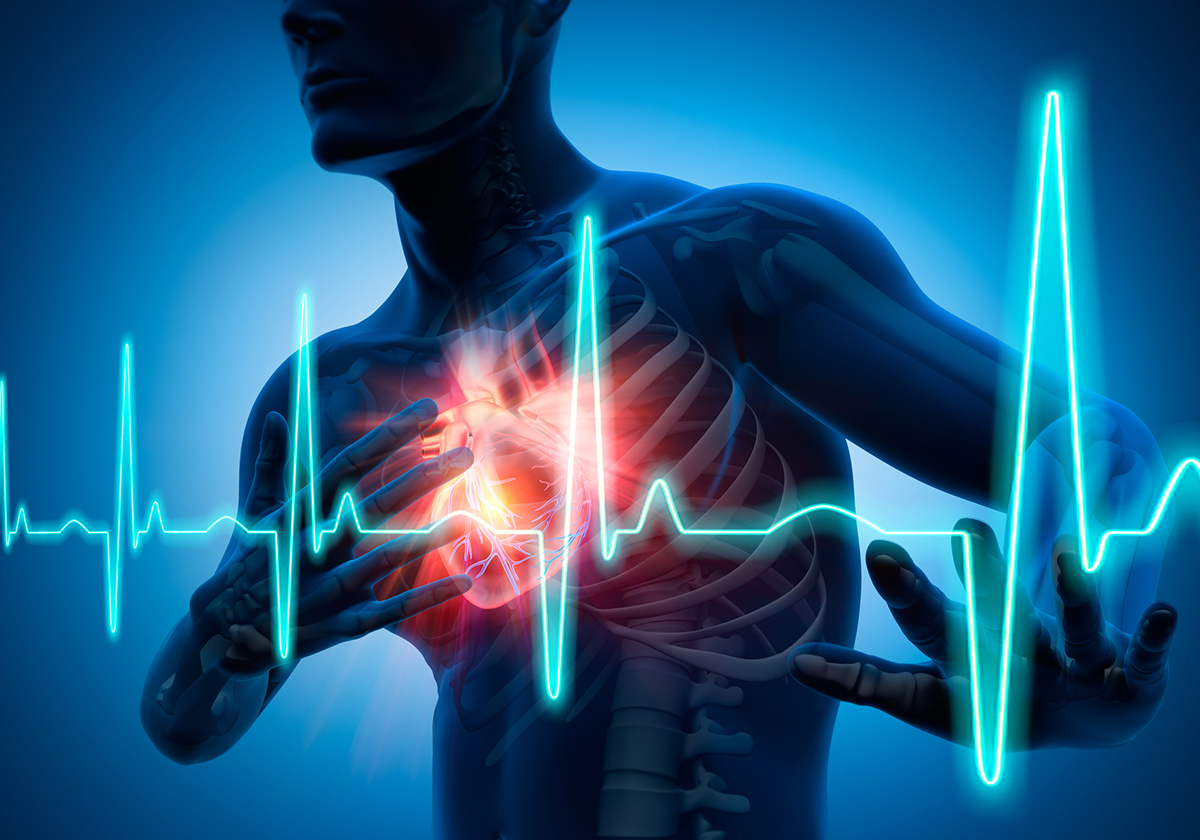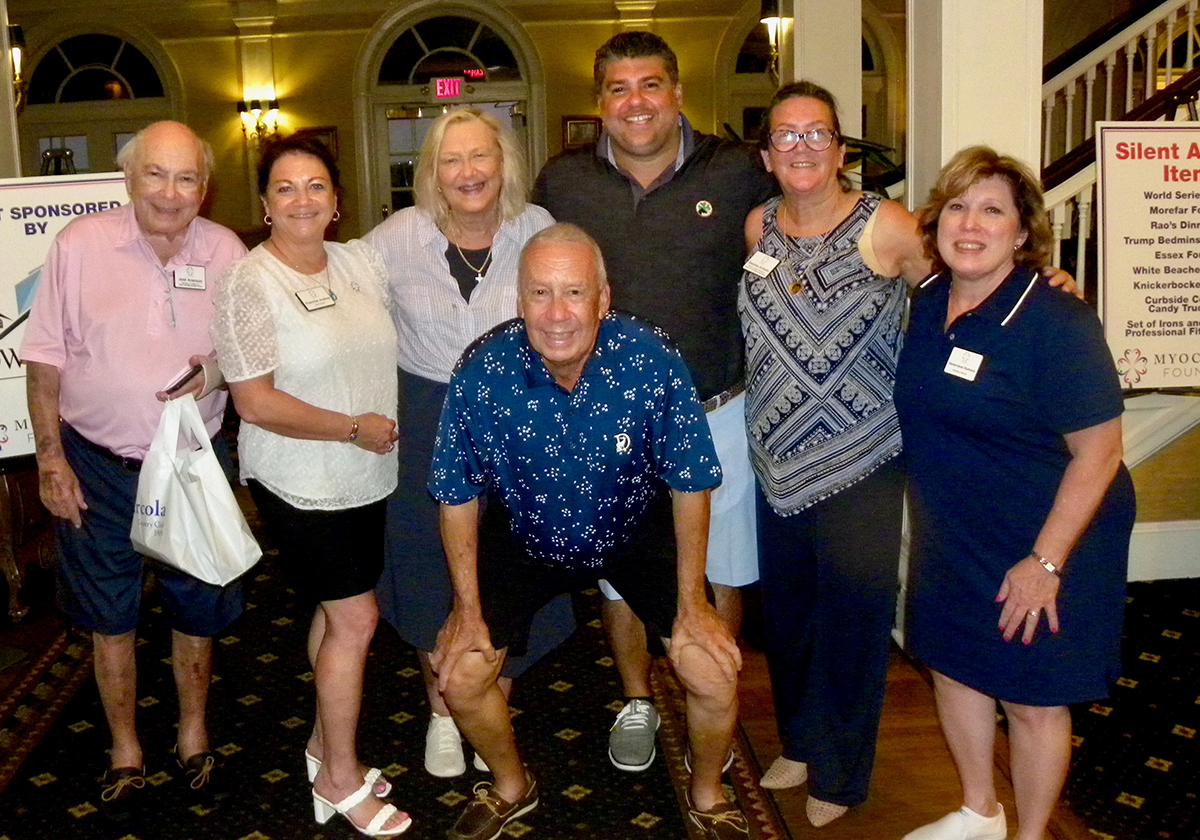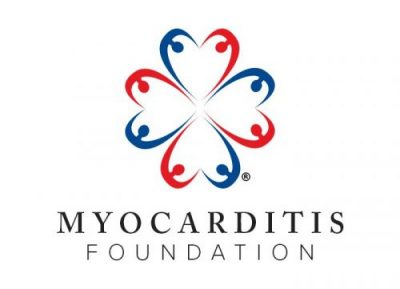For individuals suffering from severe heart failure, mechanical heart devices can be lifesaving. These devices either assist the heart in pumping blood or replace it entirely, depending on the severity of the heart’s dysfunction. Patients with myocarditis, an inflammation of the heart muscle, may face long-term heart damage, which can lead to heart failure, making mechanical heart devices an important option.
In this post, we’ll explore the different types of mechanical heart devices available today, how they work, and when they are used.
Left Ventricular Assist Device (LVAD)
The Left Ventricular Assist Device (LVAD) is used when the left side of the heart, responsible for pumping oxygen-rich blood to the body, is weakened by heart failure. LVADs are often used as a bridge to heart transplantation, but they can also be a long-term solution for patients not eligible for a transplant.
An LVAD is surgically implanted into the chest. It pumps blood from the left ventricle to the aorta, ensuring proper blood flow throughout the body. Many patients with advanced heart failure, including those who have had myocarditis, find that an LVAD significantly improves their quality of life.

Right Ventricular Assist Device (RVAD)
Unlike the LVAD, the Right Ventricular Assist Device (RVAD) supports the heart’s right ventricle, which pumps blood to the lungs for oxygenation. RVADs are used when the right side of the heart is weakened, often temporarily after surgery or trauma.
Though less common than LVADs, RVADs are crucial for patients whose right-side heart function is severely impaired. For some myocarditis patients who experience bi-ventricular failure (both sides of the heart are weakened), an RVAD can be part of a broader treatment plan.
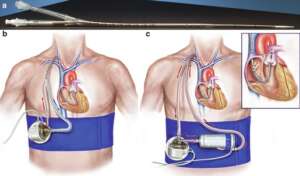
Biventricular Assist Device (BiVAD)
The Biventricular Assist Device (BiVAD) supports both the left and right ventricles when both sides of the heart are failing. In cases of severe heart failure, where both the left and right sides of the heart are affected—often seen in advanced stages of myocarditis—BiVADs offer critical support while a patient waits for a heart transplant or recovers from heart surgery.
BiVADs function similarly to LVADs and RVADs, but they assist both sides of the heart, ensuring that blood is pumped efficiently to both the lungs and the body.
Total Artificial Heart (TAH)
For patients whose heart is too damaged to function at all, a Total Artificial Heart (TAH) can be a solution. Unlike assist devices like LVADs and RVADs, which help the heart pump blood, a TAH completely replaces the heart. Patients who are awaiting a heart transplant may be candidates for a TAH if they are in end-stage heart failure, a condition that can be caused by myocarditis.
The TAH is a mechanical pump that takes over the function of both ventricles, helping patients survive until a donor heart becomes available or as a long-term option when a transplant is not feasible.
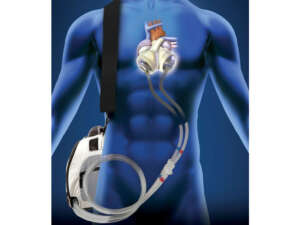
Extracorporeal Membrane Oxygenation (ECMO)
ECMO is a temporary life-support machine that can take over the function of both the heart and lungs in critically ill patients. ECMO is often used when a patient is in severe cardiac or respiratory failure, which can happen in cases of acute myocarditis. It oxygenates the blood outside the body and returns it, allowing the heart and lungs to rest and heal.
Unlike LVADs or TAHs, ECMO is not a long-term solution. It is typically used in emergency situations for short-term support, providing critical time for recovery or transition to other therapies like a heart transplant.
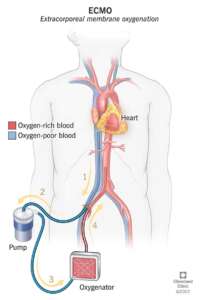
Conclusion
For patients with severe heart failure due to myocarditis or other conditions, mechanical heart devices offer hope. Whether it’s supporting the heart’s pumping ability with an LVAD or RVAD, or fully replacing the heart with a Total Artificial Heart, these devices can improve quality of life and extend survival. Each device is used based on the patient’s specific needs, making them a powerful tool in treating heart failure.
If you or a loved one is facing heart failure due to myocarditis, it’s important to discuss all treatment options, including mechanical heart devices, with your healthcare provider. Visit our patient resource page to learn more about how we can support you on your journey.

